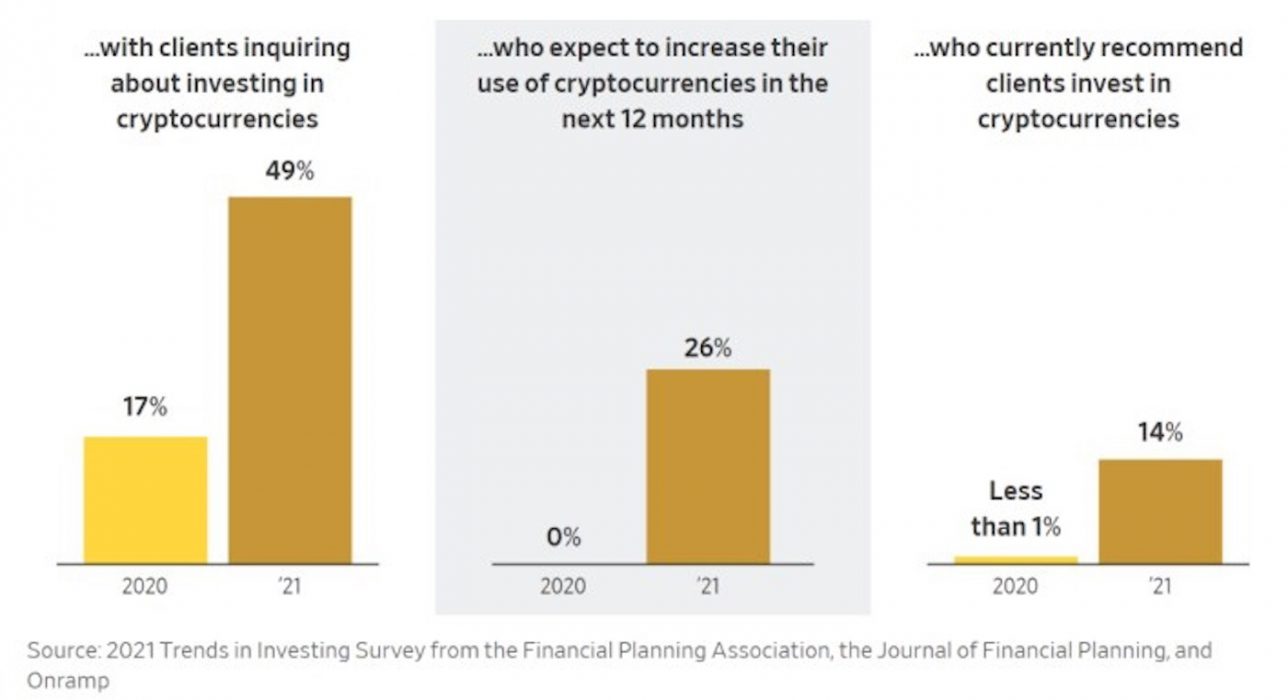The government of El Salvador announced on September 13 that the country will exempt foreign investors from taxes on their bitcoin (BTC) profits to stimulate and hopefully increase foreign investment.
According to Javier Argueta, legal adviser to President Nayib Bukele, “there will be no taxes to pay on either the capital increase or the income” of bitcoin. After El Salvador became the world’s first country to make Bitcoin (BTC) legal tender earlier this month, policymakers made their move. For the bitcoin enthusiast, however, not paying taxes on capital gains might sound too good to be true.
In cooperation with global companies such as Bitso crypto exchange and Silvergate Bank, El Salvador has launched the official BTC wallet known as Chivo, which allows users to convert bitcoin transactions into USD or withdraw without incurring transaction fees by using a specific ATM. The wallet also aims to facilitate remittances for Salvadoreans working overseas.
Using Bitcoin Safely
Experts and regulators have highlighted concerns about the cryptocurrency’s volatility and its potential to impact inflation in a country with already high poverty and unemployment. That transactions are not reversible and lack protection for users is a potential weak point.
However, according to Argueta, transactions would be halted temporarily if bitcoin’s value were to collapse, in order to minimise the impact of extreme currency fluctuations. And even as the BTC price saw heavy fluctuation last week, El Salvador bought the dip.
The government says its experiment will give many Salvadoreans access to bank services for the first time, and hopes it will shave millions of dollars off commissions on remittances sent home from abroad, mainly from the US.
Remittances account for more than a fifth of the country’s GDP. The introduction of bitcoin as legal tender will cut the fees of those remittances significantly and remove commissions entirely. The technology used for bitcoin is another step toward banking El Salvador’s unbanked.
What About Fraud and Money Laundering?
There are concerns about the anonymous nature of bitcoin and its role in money laundering and other financial crimes. But since Salvadoreans use a specific app, and not unregistered exchanges and the like, some of those problems are eliminated.
Argueta said that the Chivo wallet has traceability measures to alleviate popular misunderstandings and outright false narratives that bitcoin is used primarily for money laundering or anonymous criminal activity.
“We are implementing a series of recommendations from international institutions against money laundering,” Argueta specified.













